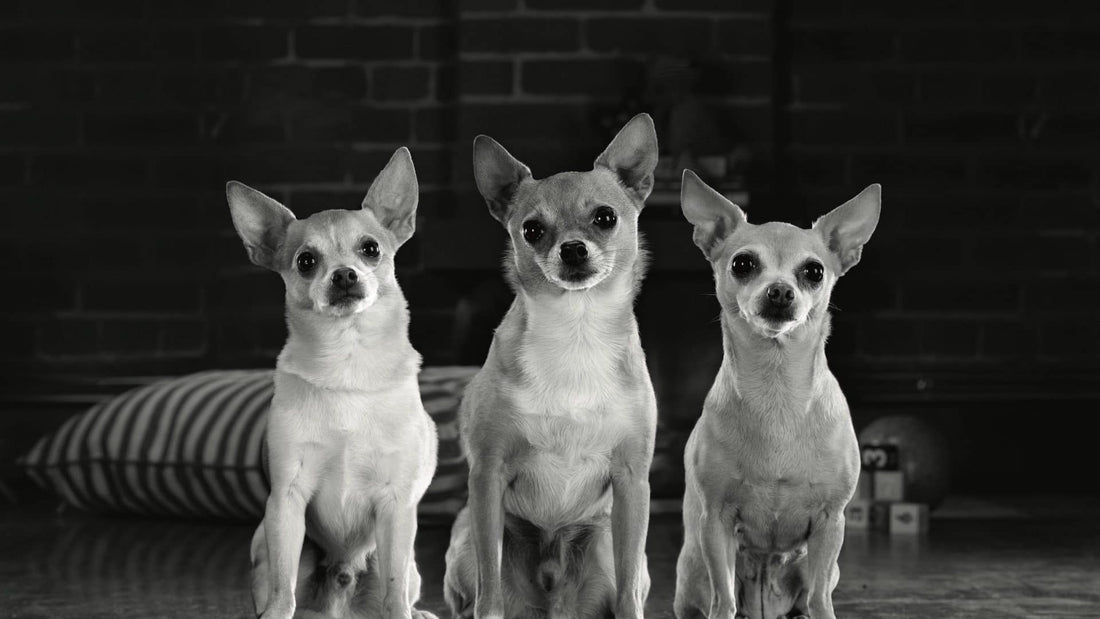
Small Breed
Share
What makes the best dog food for small dogs?
The best dog food for small dogs is one that is specifically adapted to their breed and size. Small breed dogs do not have the same nutritional needs as larger dogs because of their higher metabolic rate. That means they need more calories per pound of bodyweight compared to larger dogs.
Targeted levels of protein, fat and calories support differences in metabolism. Vetdiet® small breed dog food is formulated to answer all your smaller dog’s needs, with specific nutrients in optimal amounts.
What are the nutrient needs of small breed dogs?
Small dogs develop faster than large breed dogs. This means they reach maturity at a younger age. Their faster metabolism also means that they need a more calorie-dense food than larger dogs, with more protein and fat.
The life stages of small breed dogs
Small dogs do not grow at the same pace as large breed dogs. Their nutrient needs are different and you should therefore feed them with food designed specially for them, whatever life stage your dog is at.
What makes a good small dog puppy food?
Most small breed dogs reach adulthood around 10 months of age, whereas large breed dogs reach maturity as late as 18 months of age. Their metabolism rate is therefore very different.
It is easy to overfeed your puppy. We recommend working with your veterinarian to understand the optimal growth rate based on their breed’s size. Puppies should be fed multiple small meals per day until they are at least 6 months old. Monitoring their weight and growth is important for a healthy, long life.
How do I know if my dog needs small breed senior dog food?
Small breed dogs are considered to be senior when they are around 10 years of age. At Vetdiet®, we target specific nutrients and functional ingredients to provide the best nutrition possible for your dog based on breed size.
To know when your dog is considered a senior, you should talk to your veterinarian. However, a quick rule of thumb is when your dog reaches the last 25% of their breed’s predicted lifespan, they can be considered senior.